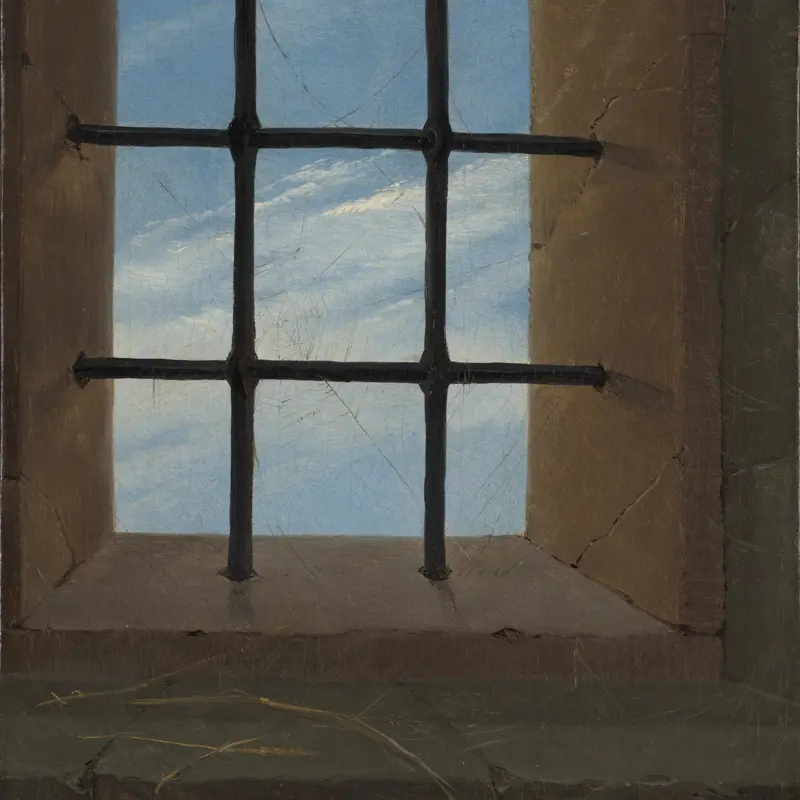A seminal figure in German Romanticism, Carl Gustav Carus was a physician, philosopher, natural scientist and painter. While undertaking his medical training in Leipzig, he also took drawing lessons and taught himself painting. In 1814 Carus moved to Dresden to take up the professorship of gynaecology at the Royal Academy of Surgery and Medicine, together with the directorship of the maternity hospital. In 1817 he met Caspar David Friedrich, with whom he formed a close friendship. Friedrich gave him advice in oil painting technique and also influenced Carus’s early subject matter of church ruins, evening and winter landscapes which were imbued with religious mysticism. His later works, painted with greater naturalism and scientific observation, reflected his growing belief in the importance for the landscape painter of knowledge of such disciplines as geology. His Nine Letters on Landscape Painting, written from 1815-24, and published in 1831 with an introduction by Goethe, reflects this development in his approach.
Carl Gustav Carus
1789 - 1869

